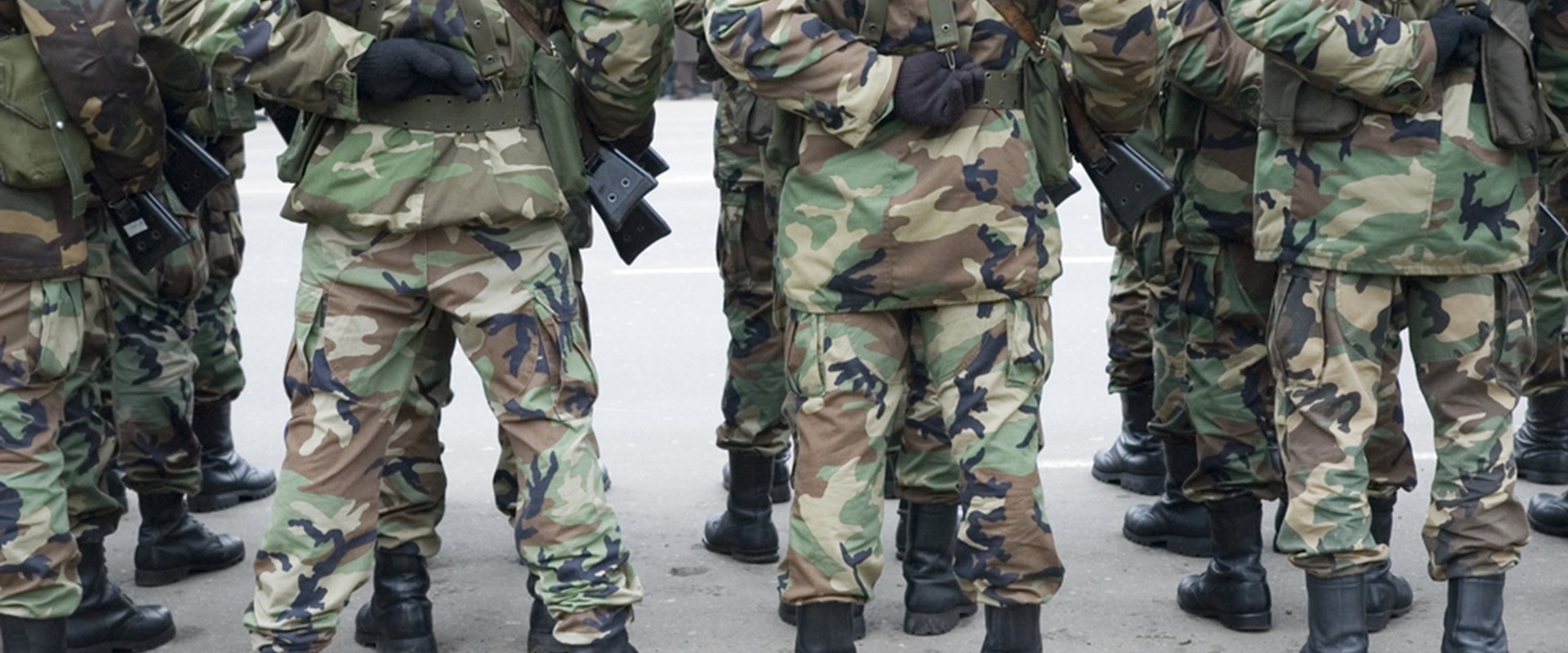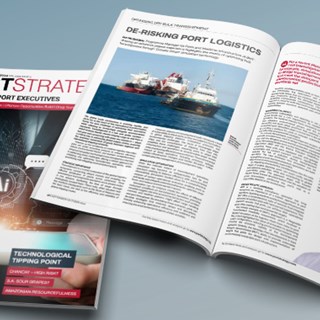
Defence forces preparing for climate change
It is increasingly recognised by defence forces around the world that climate change poses an increasing threat to peace and security in the world.
26 November 2019
As well as becoming a contributing factor to future global conflicts, climate change shapes how defence agencies manage their estates and assets, spending priorities and operations.
Responses to climate change being developed by defence forces and agencies include the assessment of vulnerability, such as the U.S. Department of Defence (DOD) Climate Related Risk, to DOD Infrastructure Initial Vulnerability Assessment Survey [SLVAS], as well as the development of sector-based strategies such as the U.K. Ministry of Defence Climate Change Strategy and Delivery Plan in 2012 and the 2018 New Zealand Ministry of Defence document, The Climate Crisis: Defence Readiness and Responsibilities.
However, practical implementation of these strategies is challenging, as highlighted in the recently released June 2019 report by the U.S. Government Accountability Office (GAO) on how the DOD is building the resilience of its assets to future climate change.
One of the significant challenges for managing defence estates is to ensure that they recognise and manage the risk posed by climate change. They also move to build resilience and adapt infrastructure, strategic and operational planning and their delivery accordingly.
***
About author:
Greg Fisk - Campaign Lead, Climate Risk Management and Business Director (Environment), BMT, Brisbane, Australia
Greg is a Senior Principal Scientist at BMT with over 20 years of experience in both private and public sector roles. Greg’s expertise in climate change and coastal management dates back to his time working for the Queensland (Australia) State Government in the late 1990s developing plans for identifying and minimising risks from coastal erosion and storm tide hazards.
Since joining BMT in 2007, he has carried out climate change impact assessments for a range of major transport infrastructure projects such as ports and airports, as well as leading and contributing to a broad range of climate planning, resilience and adaptation studies with Government entities and authorities.
Greg has a particular interest and expertise in understanding the vulnerability and resilience of natural assets to climate change and extreme weather events through his work on a range of Ramsar international wetlands and, more broadly, in the context of marine habitat resilience. Greg is an accomplished presenter and facilitator for climate studies, with extensive experience in planning and delivering workshops, science communication, expert elicitation and stakeholder consultation and engagement.
This text was initially published on Focus Issue 2, 2019

Greg is a Senior Associate at BMT and leads the firm’s global campaign related to climate risk and resilience. Based in Brisbane, Australia, Greg has over 25 years of experience in natural hazard and climate change planning and adaptation studies with planning, transport, and conservation authorities.

Ian McRobbie
In a Port Strategy feature, Ian McRobbie highlights the merits of optimising bulk transshipment through ‘Climate-Smart’ simulation technology, drawing on extensive project experience

N/A
The third article in our Bias series, this piece focusses on hindsight bias. It can have severe implications for project management, impacting the assessment of decisions, hindering learning, and contributing to overconfidence in (and in turn the potential jeopardising of) project success.

N/A
In recent years, bias in the workplace, both subconscious and overt, has come under intense scrutiny. In this bias series, we will be looking at some of the lesser-known workplace subconscious biases: what they are; how they affect you and your colleagues, and what you can do to tackle them. In this first article, we examine the negatives and - perhaps surprisingly - the positives of a bias that affects everyone nearly every day: optimism bias.

N/A
Confirmation Bias: what is it? How does it affect you? Can you overcome it? Welcome to the second article in our bias series on some of the lesser known subconscious biases in the workplace.